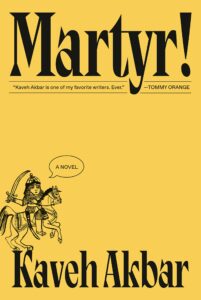Interlude
by testsuphomeAdminIn the land of Tus, a young boy named Ferdowsi, an adventurous spirit, spent his days by the expansive Tus River, lost in nature and his poetic musings. One day, he discovered the ancient stone bridge had been claimed by the river, separating families. Determined to restore hope, he declared he would build a stronger bridge, despite the doubts voiced by the townspeople who deemed him too young, poor, and whimsical to succeed. Undeterred, Ferdowsi left for many years, hidden from the world except for his family.
After several quiet years, Ferdowsi re-emerged, claiming to have written the greatest poem Tus had ever seen. Despite the villagers’ indifference, he pressed on to deliver it to King Mahmud, an arduous journey that left him exhausted. Upon his arrival, the king, initially unimpressed, was captivated by Ferdowsi’s flawless poem, which earned him recognition as the greatest poet in Tus. The king commissioned a monumental piece of work chronicling the history of Persia, but Ferdowsi insisted on writing at home, offering a simple deal: one gold coin for each couplet, with payment upon completion.
As months turned into years, Ferdowsi devoted himself to his writing and became a figure of inspiration for the villagers, even meeting his wife Sara during this time. Tragedy struck when his son Sohrab drowned, yet he persevered in his work. Finally, after four decades, he finished the epic poem, “Shahnameh,” filled with the tales of ancient kings and his son’s memory.
However, King Mahmud, enraged by the lengthy wait and the sheer magnitude of the poem, ordered Ferdowsi to be compensated with copper coins. Laughing at the king’s insult, Ferdowsi dismissed the coins, understanding their true worth. The king’s anger escalated when a curse poem from Ferdowsi reminded him of his grave mistake and the importance of the poet’s work. A year later, realizing his folly, Mahmud sent gold coins with interest.
Yet tragically, the courtier discovered that Ferdowsi had passed away, leading his daughter Tahmina to take the payment with the intention of building a bridge, a lasting tribute to her father. Consequently, the royal engineers constructed “The Poet’s Bridge,” which remains a symbol of Ferdowsi’s legacy.



0 Comments